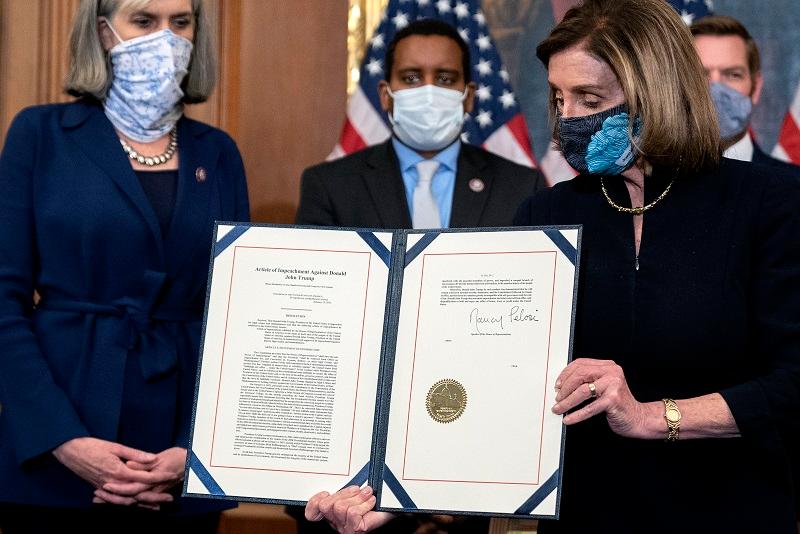Commentary
“Insurrection” is the name that Democrats have settled upon to describe the “high crime” President Donald Trump is supposed to be guilty of, in order to justify their vote to impeach him.

“Insurrection” is the name that Democrats have settled upon to describe the “high crime” President Donald Trump is supposed to be guilty of, in order to justify their vote to impeach him.